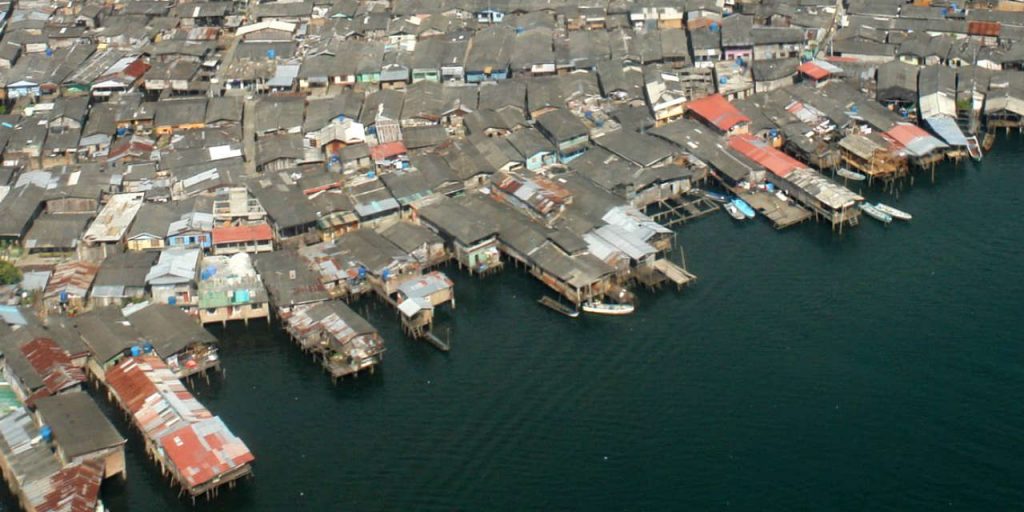The mayor of Tumaco had to quell panic caused by fake Whatsapp messages claiming a coronavirus outbreak had collapsed the healthcare capacity in Colombia’s most southwestern port city. The truth is hardly comforting though.
“The situation is extremely delicate,” Dr. Wilson Larrinaga, the disaster manager of the health institute of the Nariño province, admitted to fact-checking website ColombiaCheck.
How extreme is extremely delicate?
There is not one intensive care unit in the city of 150,000 where the recent return of delayed test results leave a lot to the imagination over how much the virus has spread rapidly over the past two months.
Of the 981 tests that were taken over the past two months, more than 579 were still without result on Tuesday.
Of the 402 tests results that did make it back to Tumaco, more than 40% proved negative. Of these 165 confirmed cases, eight people have died and five got well.
Three confirmed Covid-19 patients considered non-critical are receiving care in the port city’s own hospitals, according to the local health authorities.
These hospitals reached their maximum capacity, Mayor Maria Emilsen Angulo told newspaper El Tiempo last week.
Larrinaga contradicted this, saying that the San Andres hospital reported losses due to a “low occupation rate.”
Such little data and authorities contradicting each other are fuel for speculation, and apparently a reason for some to incite panic, which could collapse the city just as easily as the coronavirus.
A collapse is different though
The claims made on Whatsapp that “the things have imploded. Tumaco has collapsed,” are exaggerating the gravity of the emergency though, both Larringa and Angulo said.
Locals can still receive intensive care in Pasto, the capital of the Nariño province, located 185 kilometers inland.
Albeit barely, local authorities are still able to enforce a lockdown in parts of the city, reducing the chance of an uncontrollable outbreak.
Extreme poverty makes the enforcing of a local lockdown already extremely hard though.
This is further complicated by disinformation falsely alerting locals about situations similar to the nearest Ecuadorean port city, Guayaquil, where the dead are rotting on the street.




